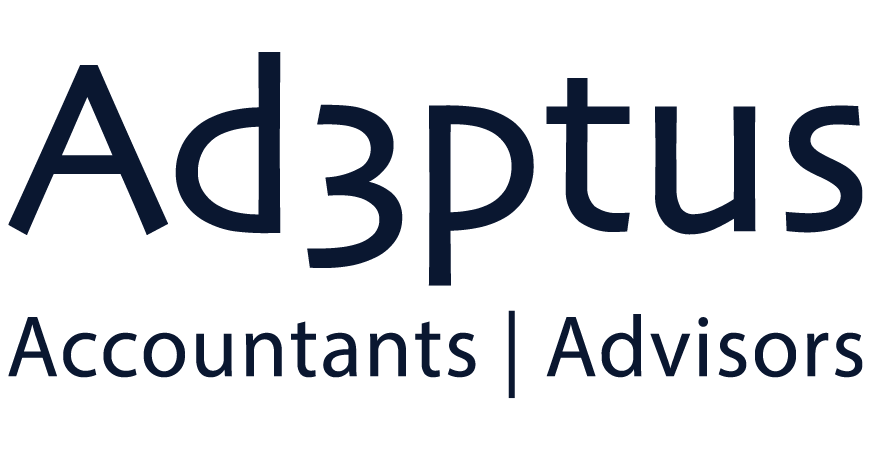May 15, 2022
What’s An Audit And Why Do I Need One?
By Adeptus Staff
Audits are a necessary part of business
When individuals and businesses think of audits, there is mainly a negative connotation associated with them. There are, however, many benefits to an audit. We’ll provide an overview of what an audit is and how it can help, so you can be proactive in your approach.
Audit Overview
Let’s start with the basics. What actually is an audit and who gets them? An audit usually refers to a financial statement audit and it is performed to determine the validity and reliability of information, and to provide an assessment of a company’s system of internal control.
Adeptus provides an independent assessment of the fairness by which a company’s financial statements are presented by its management. It simply provides assurance for third parties or external users that such statements present ‘fairly’ a company’s financial condition and results of operations. An audit may be a good marketing tool that emphasizes your organization’s financial integrity. Most financial institutions require you to provide audited financial statements when applying for funds.
Audits can range in duration and are planned in advance to minimize disruption to ongoing business operations and to streamline transparent sharing of documents and access to key employees. The duration of an audit depends on various factors, including the size and complexity of the company and condition of records for review, as well as others. Your auditors should clearly identify their scope work based on these factors.
Some Businesses Are Required to Have Audits
Each reason to have an audit is different. Sometimes it’s a compliance obligation, for example in Maryland, you are required to have an audit if your organization receives over $500,000 from charitable sources annually. Other times the audit is required by an investor or financial institution for funding. Adeptus works with both nonprofit organizations and for profit businesses with operating budgets of $100,000 to over $25,000,000.
Another example of a compliance audit is the Employee Retirement Income Security Act of 1974 (ERISA), federal law, that sets minimum standards for retirement and health benefit plans in private industry. Federal law requires employee benefit plans with 100 or more participants to have an audit as part of their Form 5500 filing requirement. It does not require any employer to establish a plan, but it does require that those who establish plans must meet certain minimum standards.
Adeptus is uniquely qualified to perform audits and other assurance engagements. They offer that ‘big firm’ quality with a ‘small firm’ presence and attention. Whether it is a compilation service, which offers the basic preparation of financial information without the time consuming constraints of an audit or review, or a review engagement, which provides limited assurance as to whether your financial information is materially correct, or a full audit, which provides the highest level of assurance on your financial information, Adeptus will deliver professional services in the most timely manner possible.
What Happens in an Audit
The Adeptus team will invest a substantial amount of time getting to know you, your needs and your wants. Then they learn about your business, not simply relying on their knowledge of the business that you are in. They want to know how you do what you do. After that initial phase is complete, they break down the auditing process into three simple parts, the Planning Phase, Fieldwork Phases, and Reporting Phase.
Planning Phase
During this phase, the team gets a good grasp of your organization’s structure, environment, operations and the overall accounting and internal controls system. An assessment of policies and accounting contributions, including donated materials and services, will also be conducted at this time.
Fieldwork Phase
At the second visit, they will perform the traditional audit fieldwork. This process will concentrate on transaction testing. During this phase, the auditor determines whether the controls identified during the preliminary review are operating properly and in the manner described by the client.
Reporting Phase
When the audit is in the final phase, the team will draft the final report where they express their opinions, present the audit findings and discuss recommendations for improvements. At this point, the client will have an opportunity to respond to the audit findings prior to issuance of the final report.
The Adeptus audit and assurance team averages over twenty years of experience providing services to a number of industries which include, non-profit organizations, manufacturers, real estate, construction, restaurants, franchises, information technology, consulting, refuse hauling, and recycling, and government contracting.
If you would like to speak to an Adeptus team member about our audit business, please contact us.





